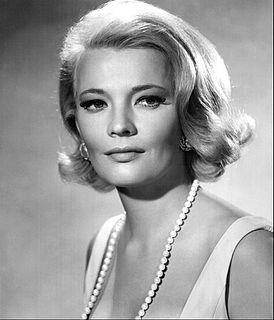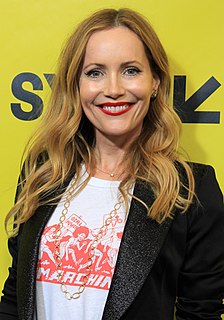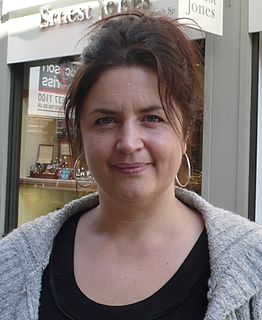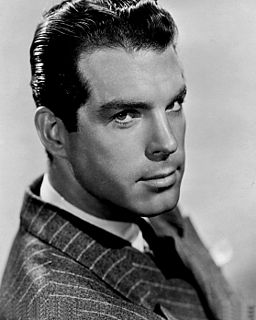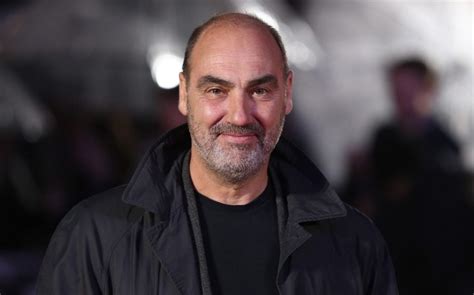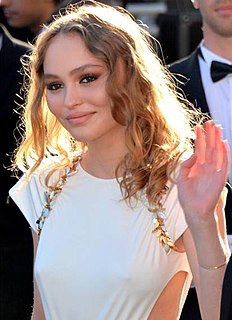A Quote by Gena Rowlands
John Cassavetes was there at night while I was working. After they [with his friends] discussed as much live TV as they felt they needed to, they started improvising scenes just for the fun of it and one of those scenes everybody got very interested in and it turned into Shadows [1959]. That movie was entirely improvised.
Related Quotes
Because John Cassavetes was so terrific in live TV, a lot of his friends had not been able to participate in that yet and so they asked if he would gather with them at night when I was at the play and tell them what live TV was like, what you had to adjust to because it was its own medium - it had many things you had to be aware of.
Somebody comes to your house. You know they're coming, so it's not a surprise. And they give you an envelope that has your scenes in it. And they sit in the car outside for a half an hour while you read your scenes, then they ring your doorbell and you give your scenes back. Then you shoot the movie a few weeks later or something. The next time you see your scenes is the night before you start shooting. I never read the script [Blue Jasmine], so I didn't really know what it was about.
John [Cassavetes] had shot a great deal of Shadows and I had to go fulfill my contract in California, so he and all the rest of the Shadows cast came out to California and they finished it off and he cut it. He turned the garage into an editing room and he was by then a director of Shadows. That's the only thing he'd directed. But, he loved it.
I'm just as intrigued by acting as ever. It's an ongoing process. There's no arrival. There's no point at which you say "Oh, OK, done it, got it." It just doesn't happen. And that's true of any creative endeavor. For me, it's just a lifelong interest. I'm very much interested in the craft. I started by doing plays and it took me a long time to feel comfortable doing movies, working with cameras. I felt like I was a theater actress pretending that I was a movie actress for quite a while. Now, I just love the process of working with cameras and being on a set and trying to put a film together.
Both as a filmmaker and as a fan I love the behind-the-scenes stuff, I like it even more than deleted scenes frankly. Especially when you're happy with the movie and you're proud of it, those deleted scenes give you also a sense of the making of the film and the process through which you end up with the final product.
Well I liked the mixture actually. It's really good fun to have throughout a shoot to move from something which is quite character based in certain scenes where there's very little action and you're just working with actors and I suppose I've had quite a lot of practice at that. This is more action than I've had a chance to do so that was fun for me too to go into the action then and have some really good crew working with me. And sometimes you get these scenes where they blend.
